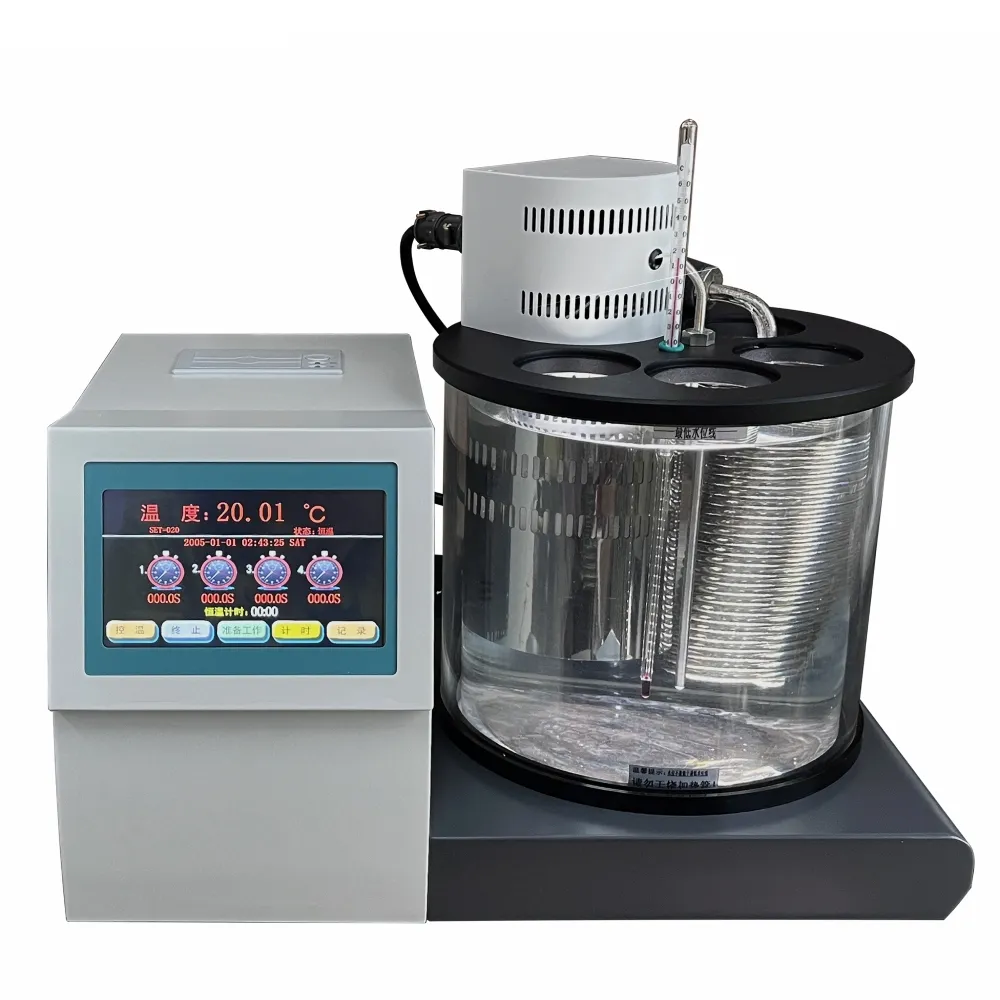TEL:
+86-0312-3189593
 English
English

Telephone:0312-3189593

Email:sales@oil-tester.com

-
 Afrikaans
Afrikaans -
 Albanian
Albanian -
 Amharic
Amharic -
 Arabic
Arabic -
 Armenian
Armenian -
 Azerbaijani
Azerbaijani -
 Basque
Basque -
 Belarusian
Belarusian -
 Bengali
Bengali -
 Bosnian
Bosnian -
 Bulgarian
Bulgarian -
 Catalan
Catalan -
 Cebuano
Cebuano -
 China
China -
 China (Taiwan)
China (Taiwan) -
 Corsican
Corsican -
 Croatian
Croatian -
 Czech
Czech -
 Danish
Danish -
 Dutch
Dutch -
 English
English -
 Esperanto
Esperanto -
 Estonian
Estonian -
 Finnish
Finnish -
 French
French -
 Frisian
Frisian -
 Galician
Galician -
 Georgian
Georgian -
 German
German -
 Greek
Greek -
 Gujarati
Gujarati -
 Haitian Creole
Haitian Creole -
 hausa
hausa -
 hawaiian
hawaiian -
 Hebrew
Hebrew -
 Hindi
Hindi -
 Miao
Miao -
 Hungarian
Hungarian -
 Icelandic
Icelandic -
 igbo
igbo -
 Indonesian
Indonesian -
 irish
irish -
 Italian
Italian -
 Japanese
Japanese -
 Javanese
Javanese -
 Kannada
Kannada -
 kazakh
kazakh -
 Khmer
Khmer -
 Rwandese
Rwandese -
 Korean
Korean -
 Kurdish
Kurdish -
 Kyrgyz
Kyrgyz -
 Lao
Lao -
 Latin
Latin -
 Latvian
Latvian -
 Lithuanian
Lithuanian -
 Luxembourgish
Luxembourgish -
 Macedonian
Macedonian -
 Malgashi
Malgashi -
 Malay
Malay -
 Malayalam
Malayalam -
 Maltese
Maltese -
 Maori
Maori -
 Marathi
Marathi -
 Mongolian
Mongolian -
 Myanmar
Myanmar -
 Nepali
Nepali -
 Norwegian
Norwegian -
 Norwegian
Norwegian -
 Occitan
Occitan -
 Pashto
Pashto -
 Persian
Persian -
 Polish
Polish -
 Portuguese
Portuguese -
 Punjabi
Punjabi -
 Romanian
Romanian -
 Russian
Russian -
 Samoan
Samoan -
 Scottish Gaelic
Scottish Gaelic -
 Serbian
Serbian -
 Sesotho
Sesotho -
 Shona
Shona -
 Sindhi
Sindhi -
 Sinhala
Sinhala -
 Slovak
Slovak -
 Slovenian
Slovenian -
 Somali
Somali -
 Spanish
Spanish -
 Sundanese
Sundanese -
 Swahili
Swahili -
 Swedish
Swedish -
 Tagalog
Tagalog -
 Tajik
Tajik -
 Tamil
Tamil -
 Tatar
Tatar -
 Telugu
Telugu -
 Thai
Thai -
 Turkish
Turkish -
 Turkmen
Turkmen -
 Ukrainian
Ukrainian -
 Urdu
Urdu -
 Uighur
Uighur -
 Uzbek
Uzbek -
 Vietnamese
Vietnamese -
 Welsh
Welsh -
 Bantu
Bantu -
 Yiddish
Yiddish -
 Yoruba
Yoruba -
 Zulu
Zulu
Jan . 09, 2025 12:09
Back to list
insulation resistance test equipment
Navigating the intricate world of oil test equipment requires not only a solid understanding of the products but also an appreciation for the nuance involved in selecting the right equipment for your specific needs. This arena demands both expertise and authoritative knowledge, allowing for informed decisions that underpin reliability and precision in oil testing processes.
When discussing authoritativeness, it is essential to consider the evolution of oil testing technology. Manufacturers of oil test equipment continuously innovate, integrating advanced digital solutions and AI capabilities to enhance accuracy and user-friendliness. Therefore, staying abreast of these developments ensures that recommendations reflect the cutting-edge of technological advancements. Trustworthiness is built through transparency and consistent performance. Companies that invest in high-quality, rigorously tested equipment garner credibility. End-users should seek out suppliers that emphasize stringent quality assurance standards and offer comprehensive support services, including training, maintenance, and technical support. In conclusion, the selection and use of oil test equipment is a critical aspect of maintaining machinery and ensuring product quality across various industries. By leveraging decades of experience, deep technical expertise, authoritative industry knowledge, and trustworthy practices, professionals can make informed decisions that significantly impact operational success. This approach not only enhances equipment reliability but also fosters a culture of safety, efficiency, and continuous improvement. As the field of oil test equipment continues to evolve, staying informed and prepared will prove essential for any industry's future-facing strategy.


When discussing authoritativeness, it is essential to consider the evolution of oil testing technology. Manufacturers of oil test equipment continuously innovate, integrating advanced digital solutions and AI capabilities to enhance accuracy and user-friendliness. Therefore, staying abreast of these developments ensures that recommendations reflect the cutting-edge of technological advancements. Trustworthiness is built through transparency and consistent performance. Companies that invest in high-quality, rigorously tested equipment garner credibility. End-users should seek out suppliers that emphasize stringent quality assurance standards and offer comprehensive support services, including training, maintenance, and technical support. In conclusion, the selection and use of oil test equipment is a critical aspect of maintaining machinery and ensuring product quality across various industries. By leveraging decades of experience, deep technical expertise, authoritative industry knowledge, and trustworthy practices, professionals can make informed decisions that significantly impact operational success. This approach not only enhances equipment reliability but also fosters a culture of safety, efficiency, and continuous improvement. As the field of oil test equipment continues to evolve, staying informed and prepared will prove essential for any industry's future-facing strategy.
Previous:
Next:
Latest news
-
Testing Equipment Industry Sees Major Advancements in 2025: Smart & Precision Technologies Lead the WayNewsJun.06,2025
-
Applications of Direct Current Generators in Renewable Energy SystemsNewsJun.05,2025
-
Hipot Tester Calibration and Accuracy GuidelinesNewsJun.05,2025
-
Digital Circuit Breaker Analyzer Features and BenefitsNewsJun.05,2025
-
Benefits of Real-Time Power Quality Monitoring Devices for Industrial EfficiencyNewsJun.05,2025
-
Earth Fault Loop Testing in High-Rise Building Electrical SystemsNewsJun.05,2025



